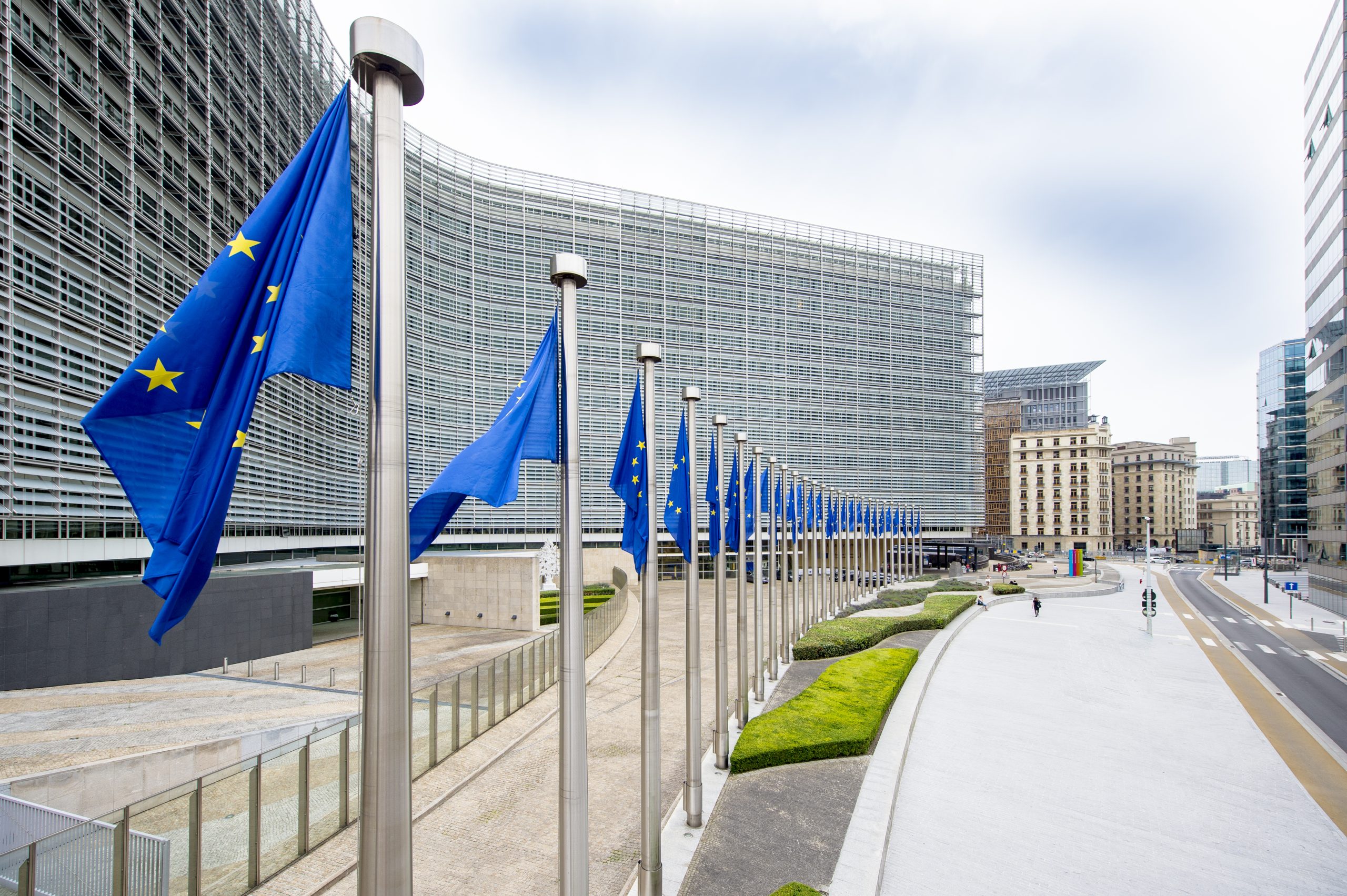Making Schengen stronger: Bulgaria, Romania and Croatia are ready to fully participate in the Schengen area
 @European Union, 2018
@European Union, 2018The Commission calls upon the Council to take the necessary decisions without any further delay to allow Bulgaria, Romania and Croatia to fully participate in the Schengen area. In a Communication adopted today, the Commission takes stock of the three Member States’ strong record of achievements in the application of the Schengen rules.
For years, these Member States have significantly contributed to the well-functioning of the Schengen area, including during the time of the pandemic and more recently when faced with the unprecedented consequences of the war in Ukraine. While the three countries are already bound in part by the Schengen rules, the internal border controls with these Member States have not been lifted and therefore they do not enjoy the full benefits that come with being part of the Schengen area without internal border controls. Becoming fully part of the Schengen area is a requirement for these Member States and they should therefore be permitted to do so given that they fulfil the conditions.
An enlarged Schengen area without internal border controls will make Europe safer – through reinforced protection of our common external borders and effective police cooperation – more prosperous – by eliminating time lost at borders and facilitating people and business contacts – and more attractive – by significantly expanding the world’s largest common area without internal border controls.
Bulgaria has put in place a strong border management with efficient border surveillance and systematic border checks. Fight against cross-border crime is prioritised through international police cooperation, including with Europol. The Schengen Information System is well-established. Bulgaria also demonstrated that it has the necessary structures in place to ensure respect for fundamental rights, guaranteeing access to international protection, respecting the principle of non-refoulement.
Romania has high-quality and strong border management, including border surveillance and systematic border checks, and international police cooperation. Fight against irregular migration and trafficking in human beings are two priorities where Romania is active. The Schengen Information System is well established. Concerning the respect for fundamental rights, Romania has effective structures in place to guarantee access to international protection respecting the principle of non-refoulement.
Bulgaria and Romania successfully completed the Schengen evaluation process in 2011. The Council recognised the completion of the evaluation process in two separate Council Conclusions, but no Council decision on the lifting of internal borders has been taken for more than 11 years. Given the time passed since 2011, as well as with a view to strengthen mutual trust and in acknowledgement of the development of the Schengen rules since 2011, Bulgaria and Romania issued a Joint Declaration in the Council in March 2022. Bulgaria and Romania invited a team of experts on a voluntary basis under the coordination of the Commission to look into the application of the latest developments of the Schengen rules.
This voluntary fact-finding mission, which took place in October 2022, confirmed that Bulgaria and Romania have not only continued implementing the new rules and tools, but that they have also substantially reinforced the overall application of the Schengen architecture in all its dimensions. Moreover, these two countries proved to have a model track record of implementation of the Schengen rules.
In December 2021, the Council confirmed that Croatia had fulfilled the conditions required to join the Schengen area without internal border controls. The evaluation process took place from 2016 to 2020. It included a successful targeted verification visit in 2020 to verify the implementation of actions in external border management. Croatia has made considerable efforts to ensure that controls of external borders comply with fundamental rights obligations. In particular, Croatia set up an Independent Monitoring Mechanism in June 2021, which provides for independent human rights monitoring of border-related operations involving migrants and asylum-seekers. The Mechanism directly involves Croatian stakeholders and is guided by an independent Advisory Board. Croatia was the first Member State to put in place such a mechanism. A new agreement extending and reinforcing the Independent Monitoring Mechanism was signed on 4 November 2022. This new agreement fully reflects all the recommendations issued by the Advisory Board on 27 October 2022.
Next steps
Under the steer of the Czech Presidency, on 8 December the Justice and Home Affairs Council will vote on the full participation of Bulgaria, Romania and Croatia to the Schengen area without internal border controls.
Background
The Schengen area is the largest free-travel area in the world, with currently 22 EU countries participating (Austria, Belgium, Denmark, France, Germany, Greece, Italy, Luxembourg, Netherlands, Portugal, Spain, Sweden, Czech Republic, Estonia, Hungary, Latvia, Lithuania, Malta, Poland, Slovakia and Slovenia), as well as 4 associated non-EU countries (Norway, Iceland, Switzerland and Liechtenstein). Ireland maintains an opt-out on the abolition of internal border controls.
Countries wishing to join the Schengen area must undergo a series of Schengen evaluations to confirm whether they fulfil the conditions necessary for the application of the Schengen rules. Once the Schengen Evaluation missions confirm the readiness of the Member State to join the area without internal border controls, a unanimous approval from all other Member States applying the Schengen acquis in full is required. The European Parliament must also give its consent.
On 10 November 2022, the European Parliament gave a positive opinion on the draft Council Decision on the full application of the Schengen acquis in Croatia. On 18 October 2022, the European Parliament adopted a resolution inviting the Council to allow Romania and Bulgaria to join the Schengen area.
